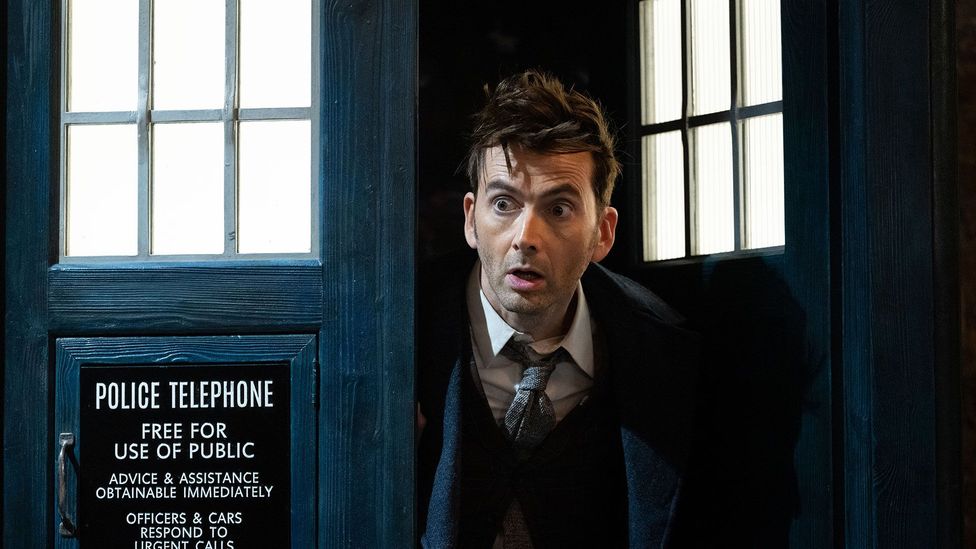
With the 60th anniversary of Doctor Who fast approaching and new episodes streaming on the BBC in the UK and Ireland and Disney+ in the rest of the world from November, here’s your two-minute guide to catch you up.
1. Who is Doctor Who?
The Doctor is a Time Lord from the “shining world of the seven systems”, the planet Gallifrey in the constellation of Kasterborous, 250 million light years away from where you are (probably) reading this. The Doctor has been travelling across space and time in a time-travelling spaceship called the Tardis, protecting people, things and planets from malevolent aliens and monsters, armed with only a Sonic Screwdriver.
2. Hold on, what’s a “Sonic Screwdriver”?
As the Fourth Doctor (played by Tom Baker) said in an episode from 1983, “I never carry weapons. If people see you mean them no harm, they never hurt you – nine times out of 10” (the 10th time perhaps being the operative number). The Doctor does, however, carry a Sonic Screwdriver, a small, pen-like device that buzzes and glows when it is switched on. It can be used variously for fixing and breaking things, opening doors, and general scanning and investigation. It’s not entirely clear how it works. Try not to think about it too much.
3. And what is a “Tardis”? It’s a time machine, right?
Technically it’s a space and time machine. The Tardis is in the shape of a blue UK police box (a form of public telephone in early 20th Century Britain). The acronym “Tardis” stands for time and relative dimension in space. Due to Time Lord trans-dimensional engineering, it’s bigger on the inside than it is on the outside. It contains several rooms that lead out of the one with the main controls in, and in what seems like a slight architectural miscalculation, there is a swimming pool in the library. “Tardis” was offically listed in the Oxford English Dictionary in 2014.
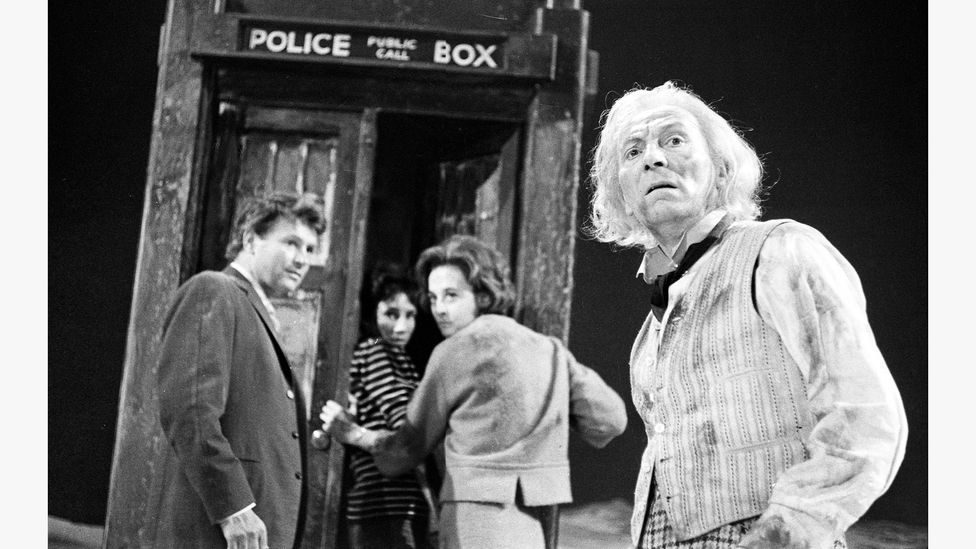
Due to trans-dimensional engineering, the Tardis is bigger on the inside (Credit: BBC)
4. What is a Time Lord?
The Time Lords were a race of intergalactic time-travellers. The Doctor is (almost) the last of them, after Gallifrey was destroyed in the Time Wars, a battle across space and time in which everyone in the Universe started using time travel as a weapon to go back and reverse-engineer the destruction of everyone else in the universe. It was pretty bad.
5. How many seasons of Doctor Who are there? Where should I start?
The first Doctor Who episode was called An Unearthly Child. It was broadcast in November 1963, with William Hartnell playing the first Doctor. The show then ran for 26 seasons, until 1989. It was revived in 2005 by showrunner Russell T Davies, and since then there have been 13 more series, with new episodes streaming globally from November. If you’re outside the UK and coming to the show afresh, and have the time, why not binge your way through this “Nu-Who” era on Max, beginning with Christopher Eccleston’s reincarnation as the Doctor? Or if you want to start at the very beginning, all the earlier Doctor Who episodes are available in the US and Canada via BritBox.
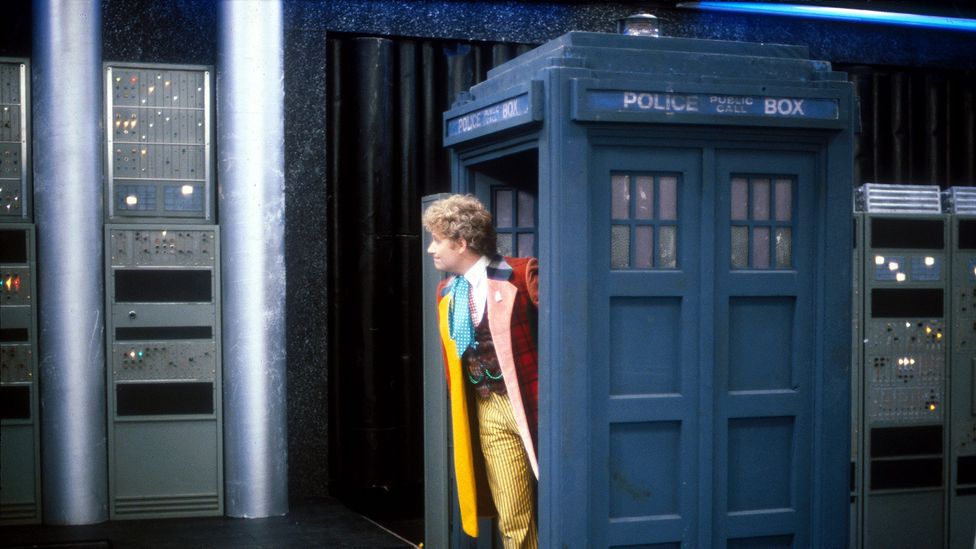
The Doctor is (almost) the last of the Time Lords (Credit: BBC)
6. What do you mean “reincarnation”? Does The Doctor not die?
The Doctor is a Time Lord – and instead of death, Time Lords regenerate into a new body every time they are mortally wounded, hence the many actors who have played Doctor Who over the last 60 years. There were seven versions of The Doctor in the original series, beginning with Hartnell and ending with Sylvester McCoy, followed by an eighth (Paul McGann) in a one-off film in 1996. In the rebooted series, there have been five further versions of the Doctor, battling the Daleks as well as many other nemeses. The most recent Doctor, played by Jodie Whittaker, was the first female reincarnation.
7. Hold on, what is a Dalek?
Daleks are one of the original villains in Doctor Who, a species of xenophobic alien bent on the mass-extermination of any species they deem “inferior” to their own (which is to say – all of them). Daleks are the mutated remains of the Kaled people, housed within tank-like metal cases on wheels, equipped with lasers. As well as Daleks, in more recent Doctor Who episodes, we have also been introduced to villains like the Weeping Angels (murderous, gothic statues that only move when you’re not looking – watch the Bafta-winning 2007 episode Blink for an introduction), the warmongering Sontarans, and the return of the only other Gallifreyan to survive The Time Wars – The Master.
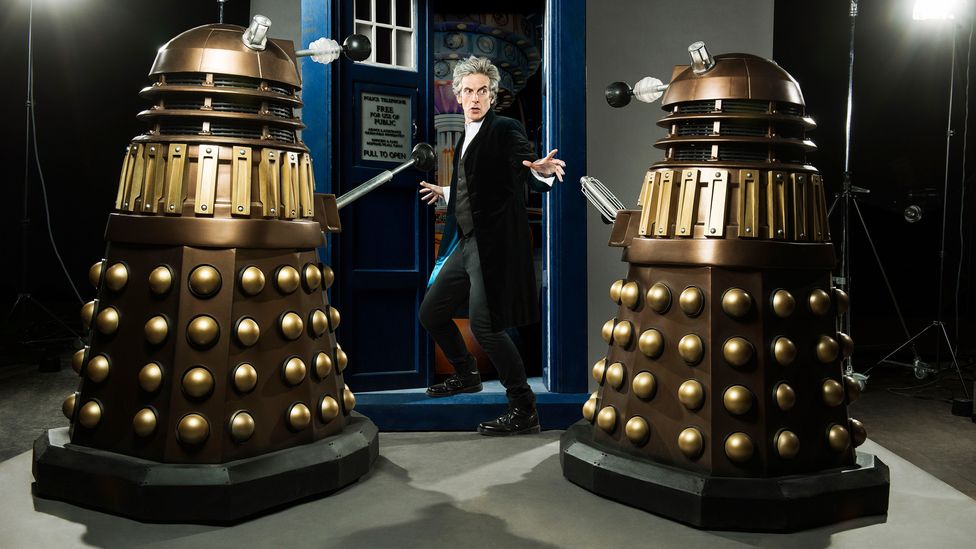
Daleks are one of The Doctor’s oldest adversaries (Credit: BBC)
8. Does the Doctor travel alone?
The Doctor (mostly) travels with a human companion, because it’s lonely in space, you know? In recent years, companions have included Rose Tyler (Billie Piper), Donna Noble (Catherine Tate), Martha Jones (Freema Agyeman), Amy Pond (Karren Gillan), Ryan Sinclair (Tosin Cole) and Yasmin Khan (Mandip Gill), to name a few.
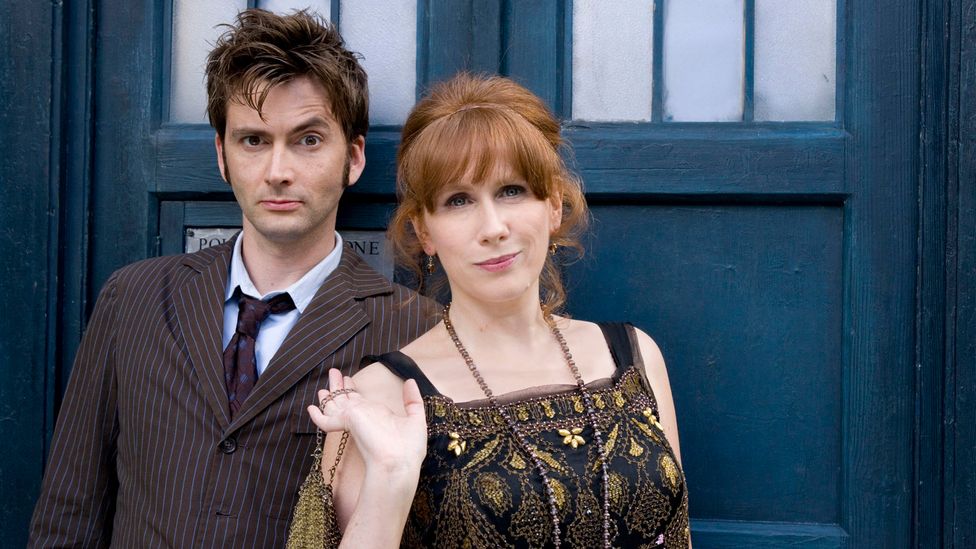
Catherine Tate returns as Donna Noble for the 60th anniversary specials (Credit: BBC)
9. How is Doctor Who such a global phenomenon, after 60 years?
British people have spent the last 60 years crowding round their televisions watching Doctor Who at teatime on a Saturday night. Doctor Who’s worldwide popularity grew with Russell T Davies’ 2005 reboot, which brought the Doctor to a whole new generation of TV viewers. For the three upcoming specials celebrating the 60th anniversary in November, David Tennant is returning after taking back the mantle from Jodie Whittaker in October 2022 special The Power of the Doctor, with Ncuti Gatwa then set to take control of the Tardis in a special being broadcast over the festive period. Having left the show as showrunner in 2010, Russell T Davies is also now taking the reins once again.
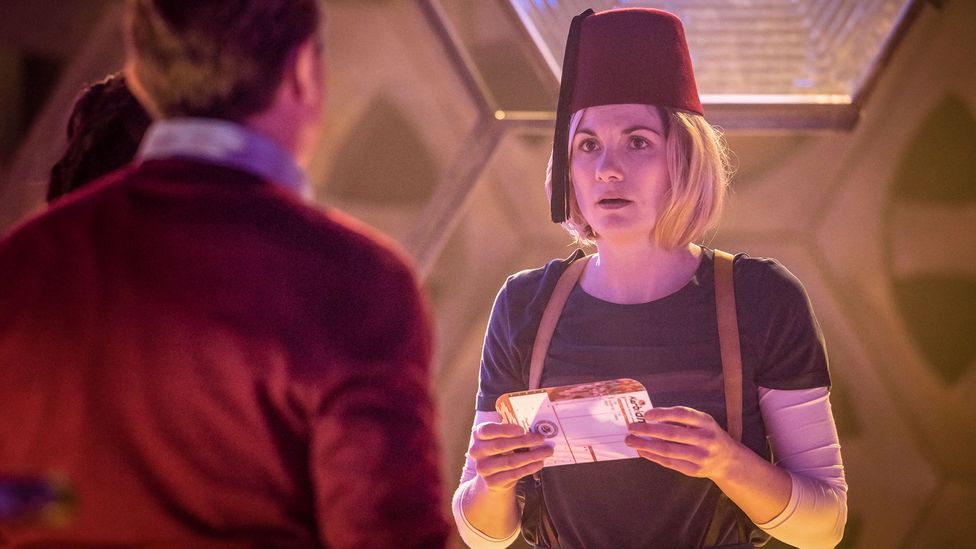
Fezzes are cool (Credit: BBC)
10. Ok… what’s with the fez?
For some reason known only to Time Lords, due to various plot machinations all the recent Doctors have ended up wearing a fez. Again, try not to worry about it too much – fezzes are cool, right?
Three hour-long Doctor Who 60th anniversary specials will air in November, streaming on Disney+ internationally and on BBC iPlayer in the UK. The specials will be followed by a new season which airs in 2024. Earlier seasons of the rebooted Doctor Who are available on Max in the US and on BBC iPlayer in the UK.
If you liked this story, sign up for the weekly bbc.com features newsletter, called The Essential List. A handpicked selection of stories from BBC Future, Culture, Worklife and Travel, delivered to your inbox every Friday.
If you would like to comment on this story or anything else you have seen on BBC Culture, head over to our Facebook page or message us on Twitter.
;





